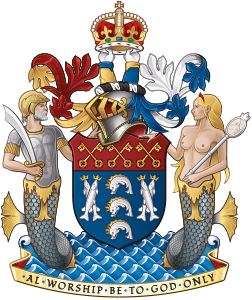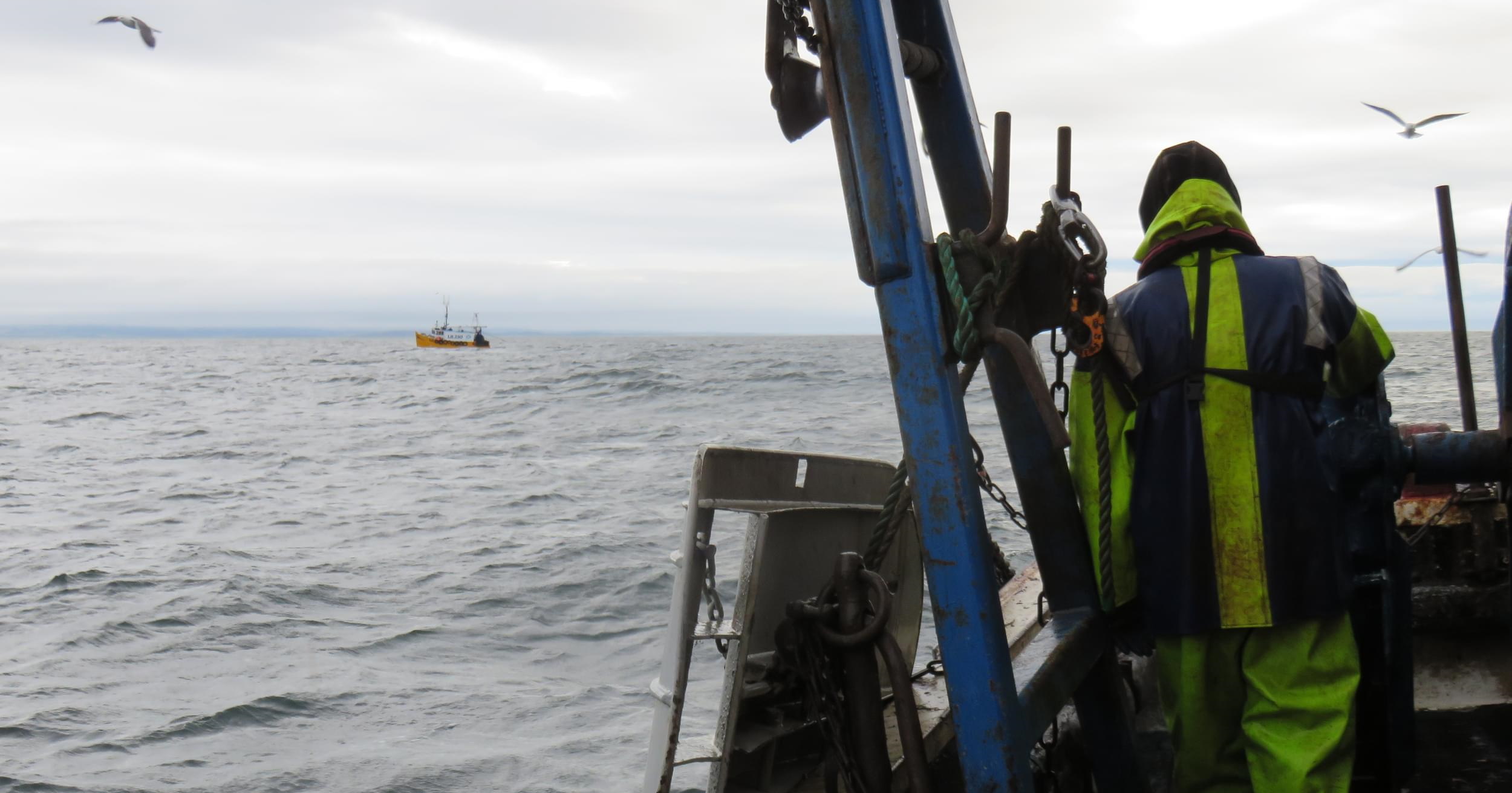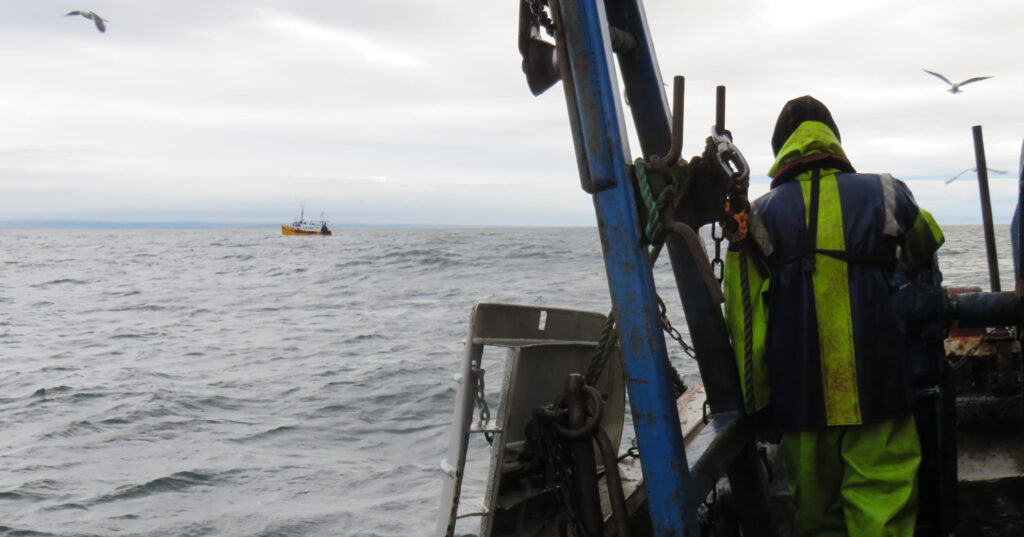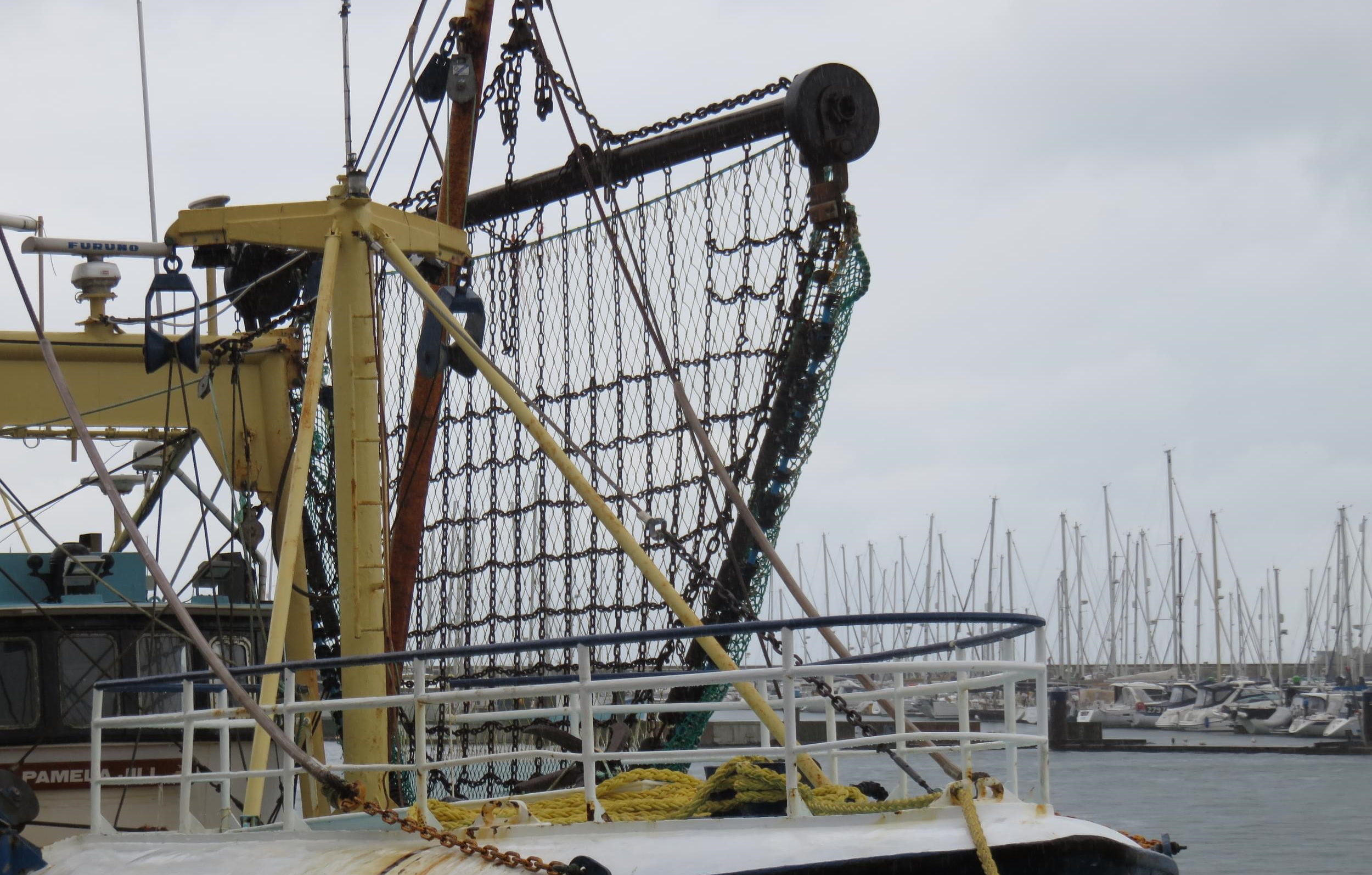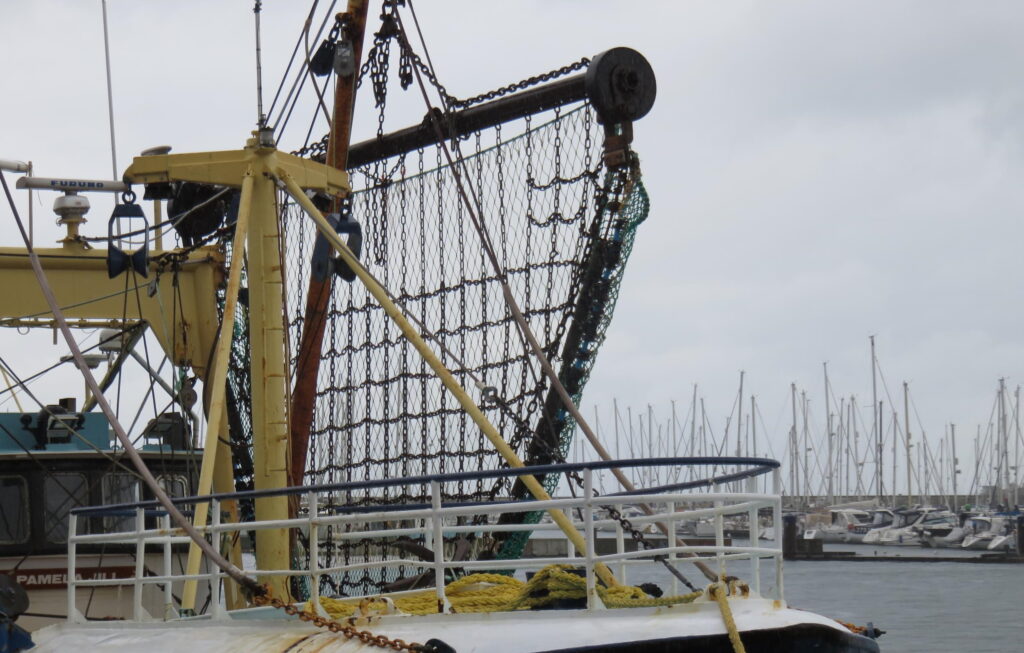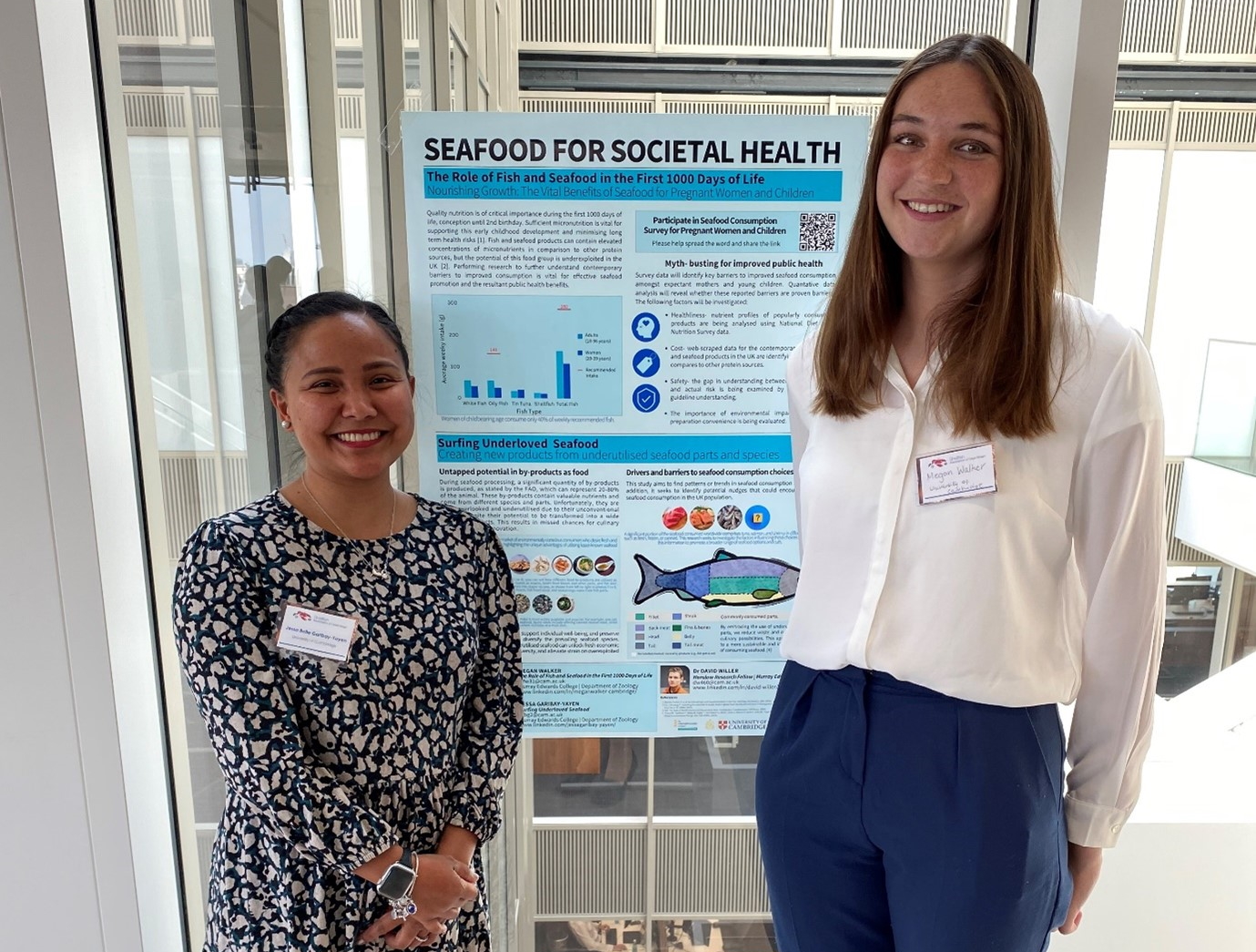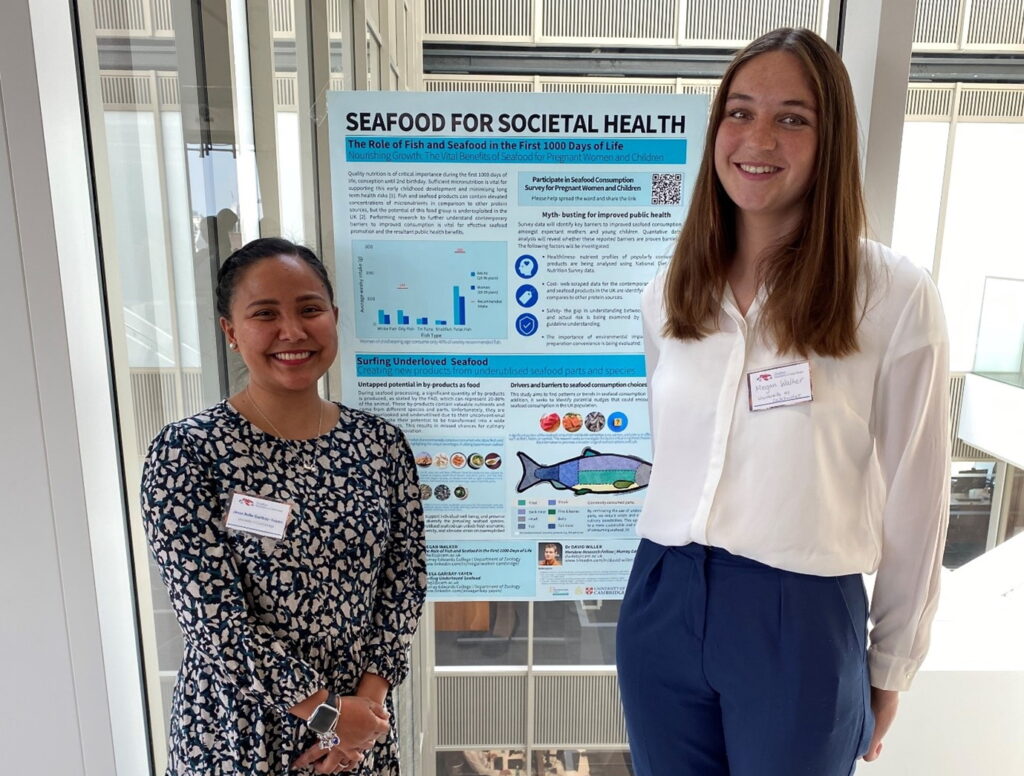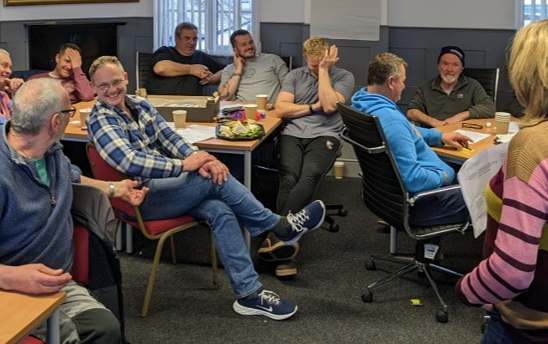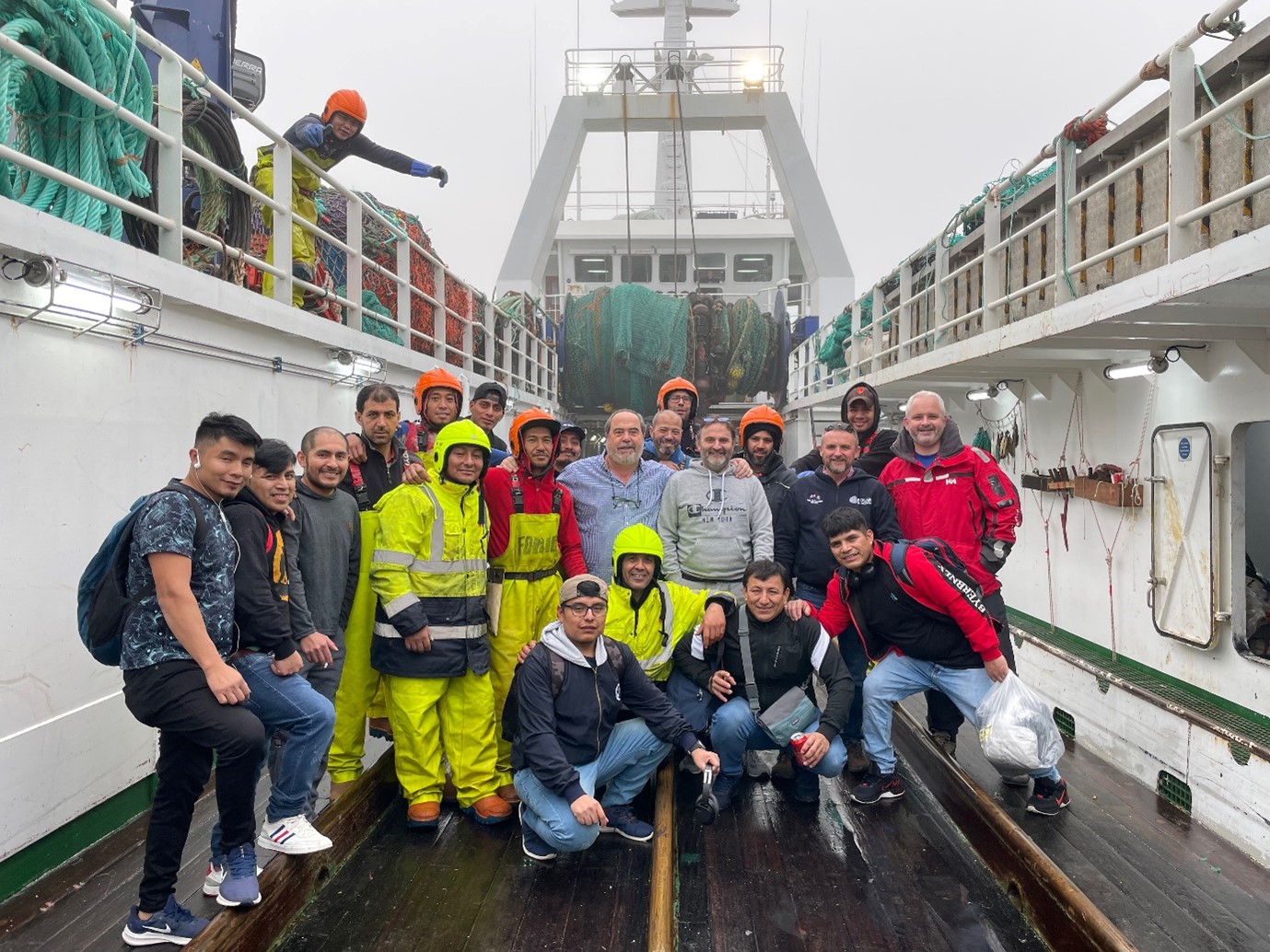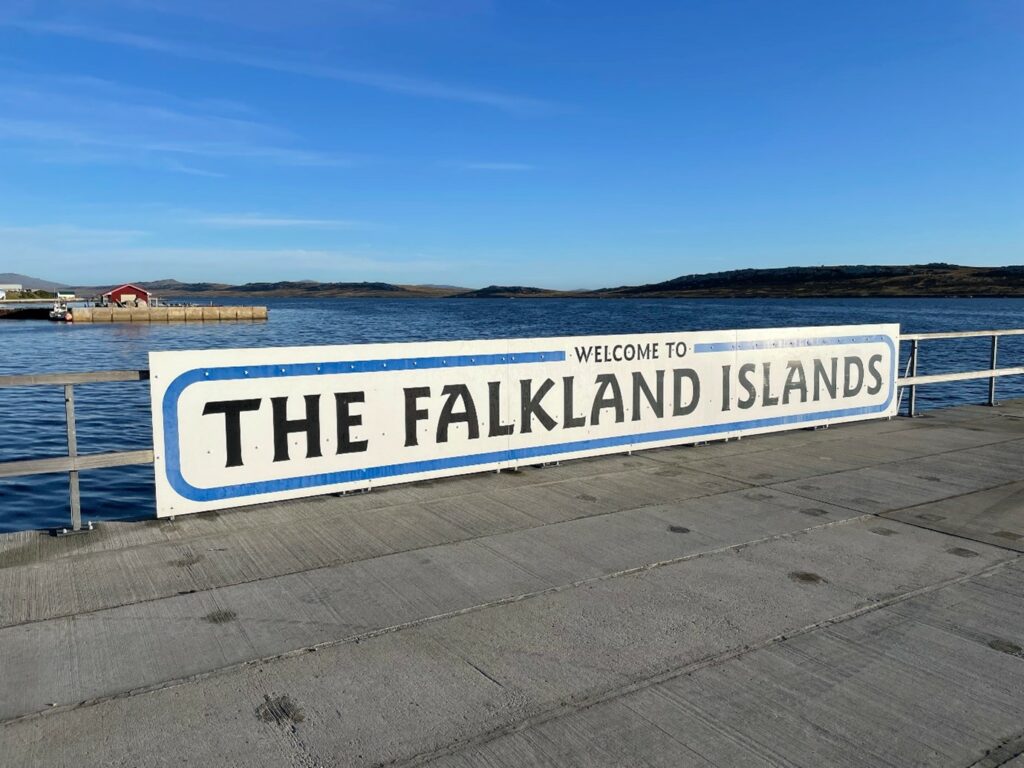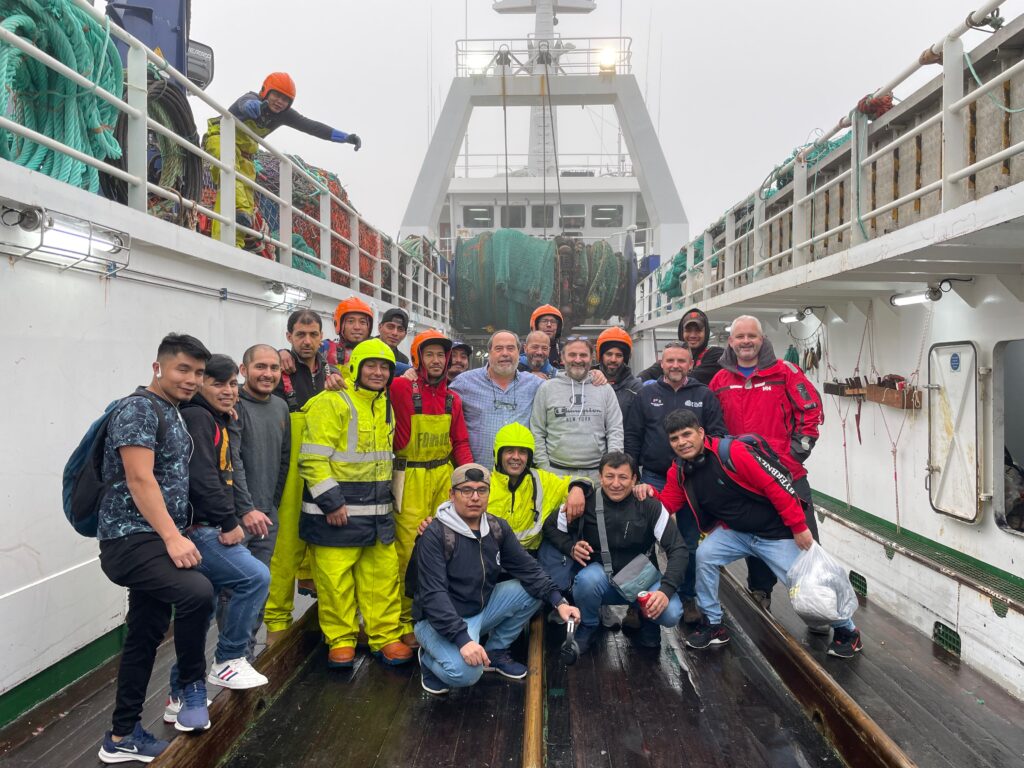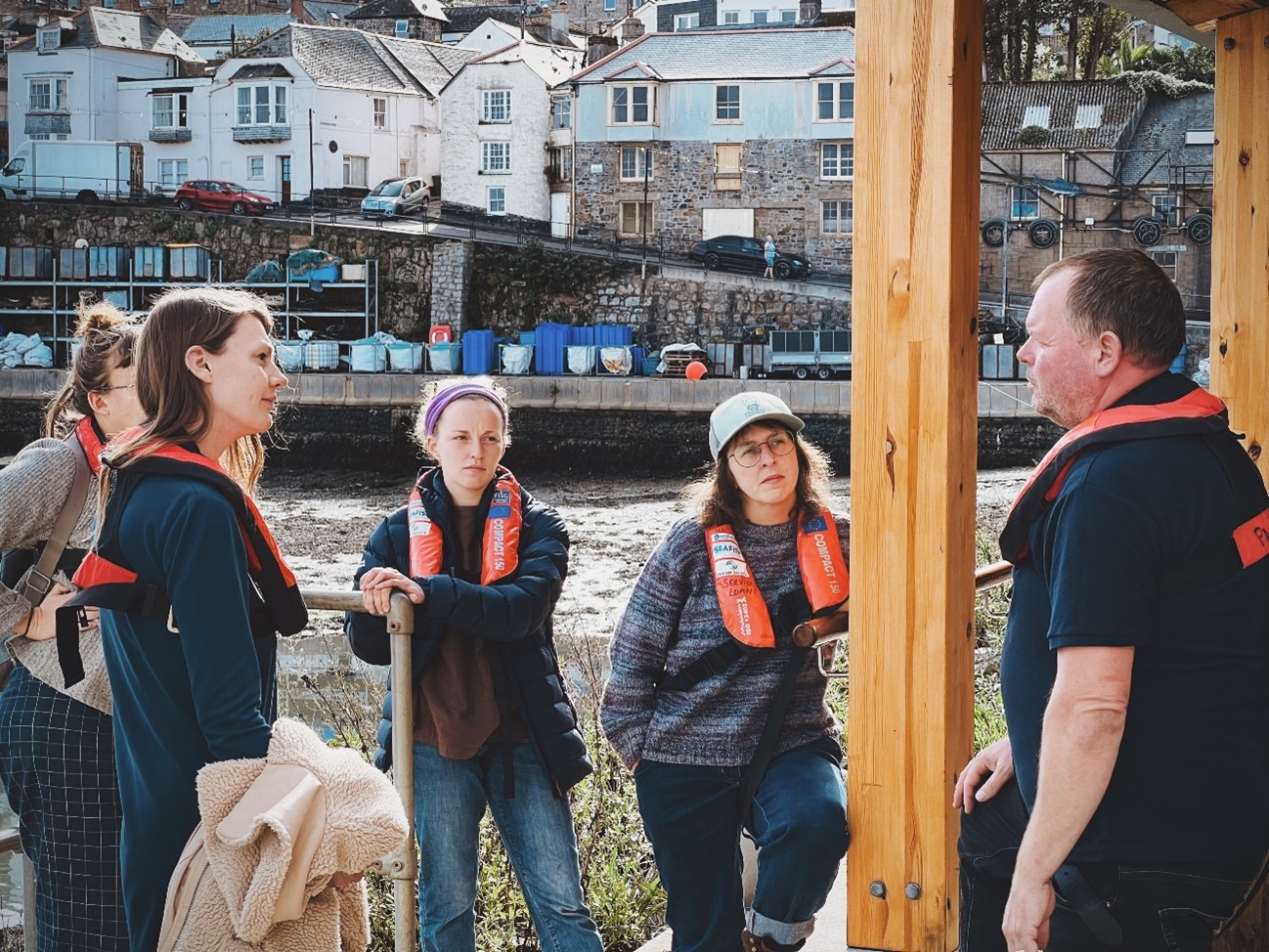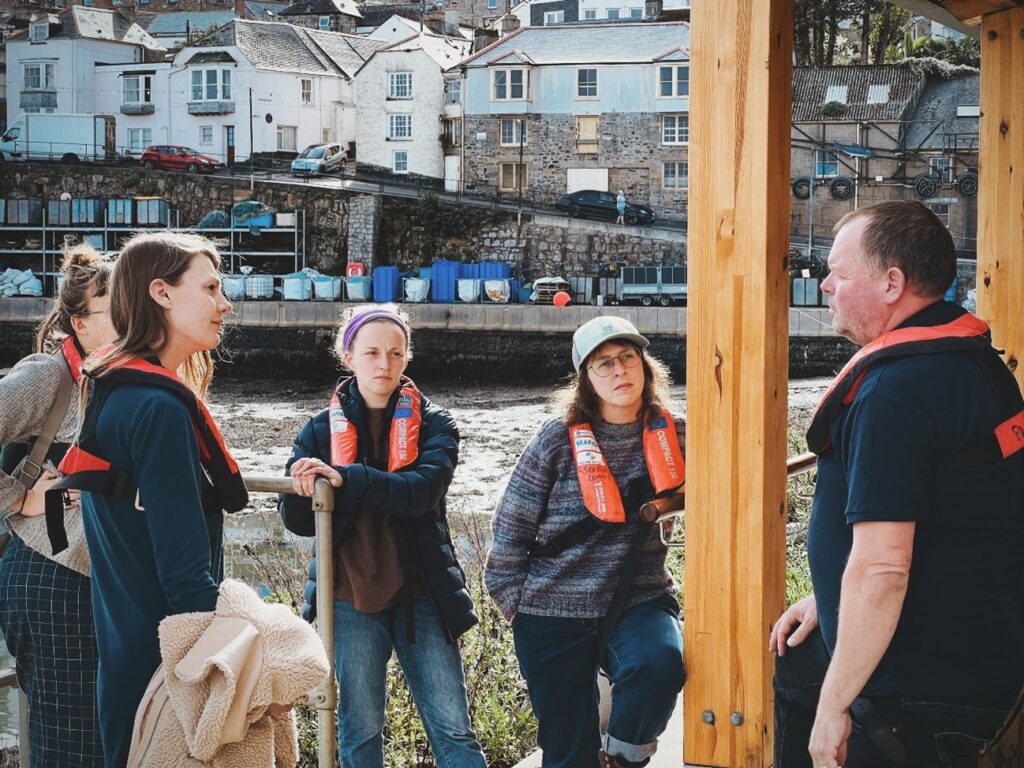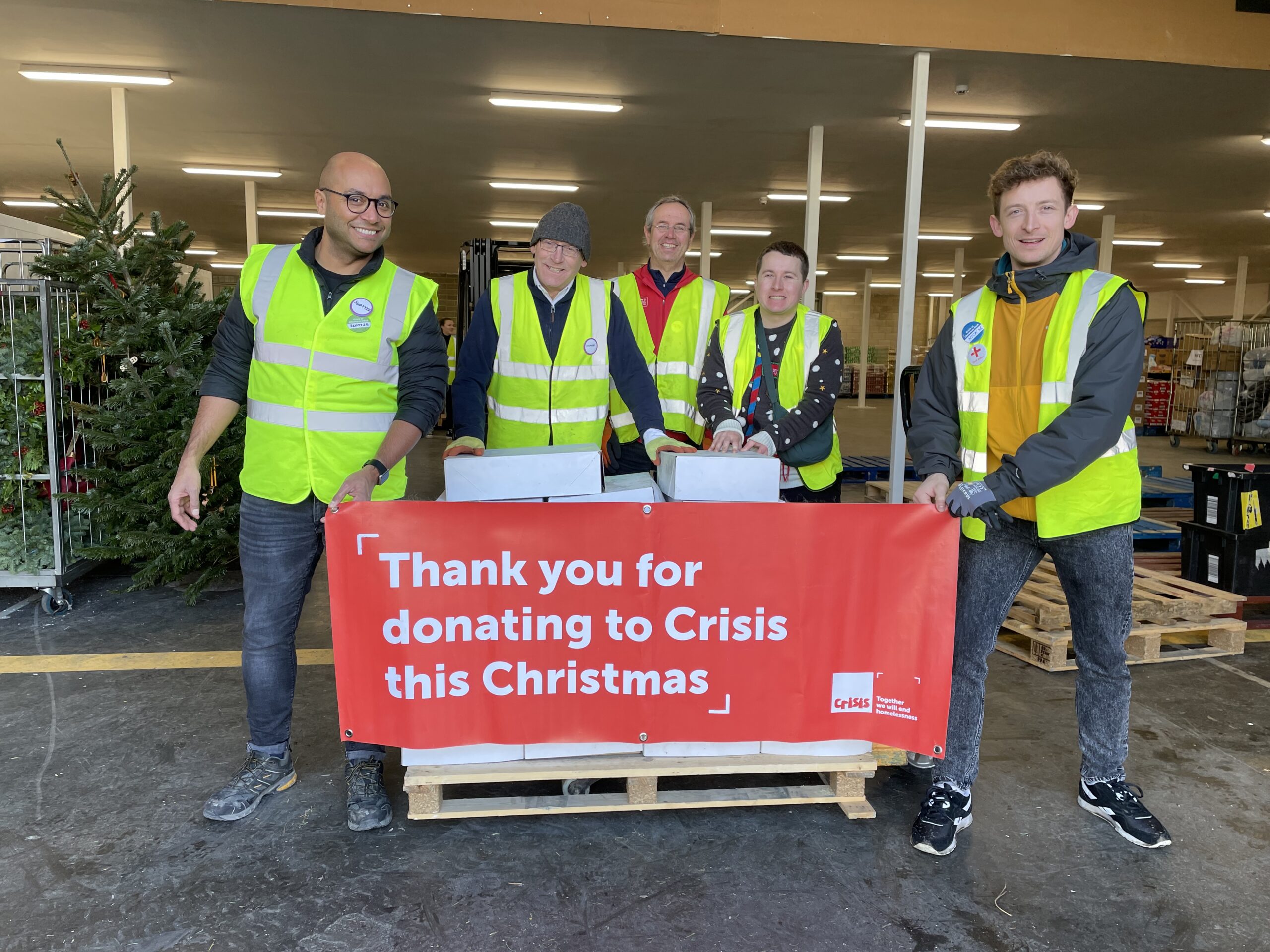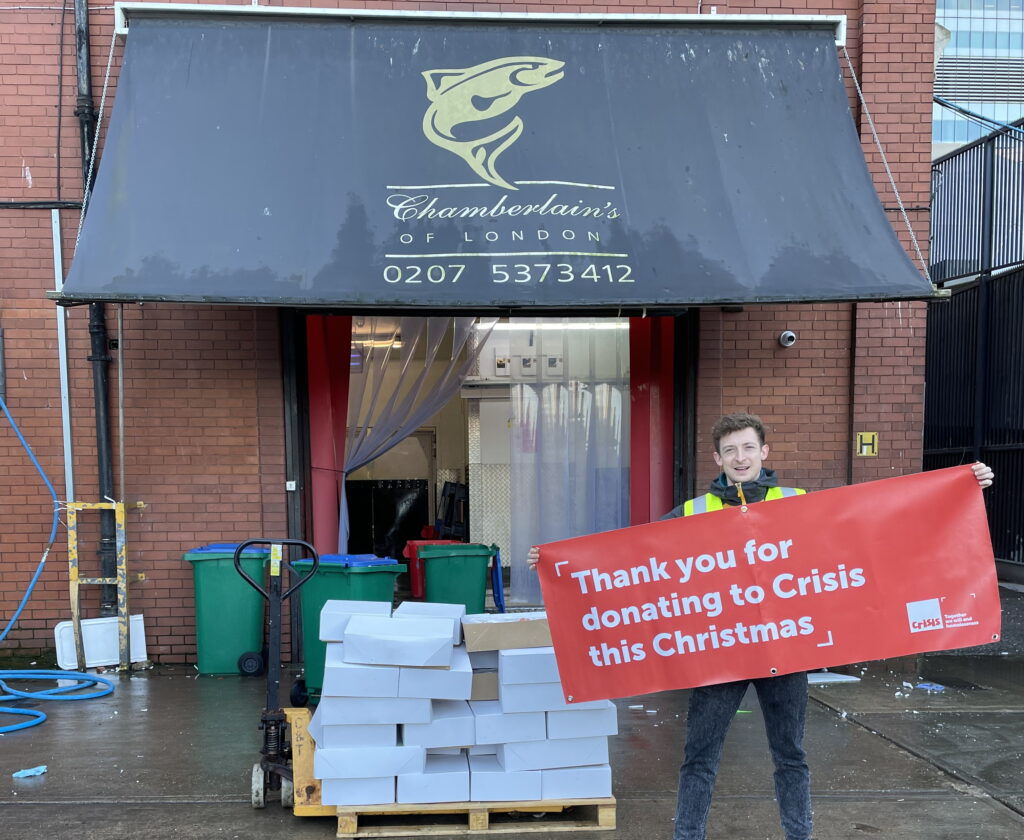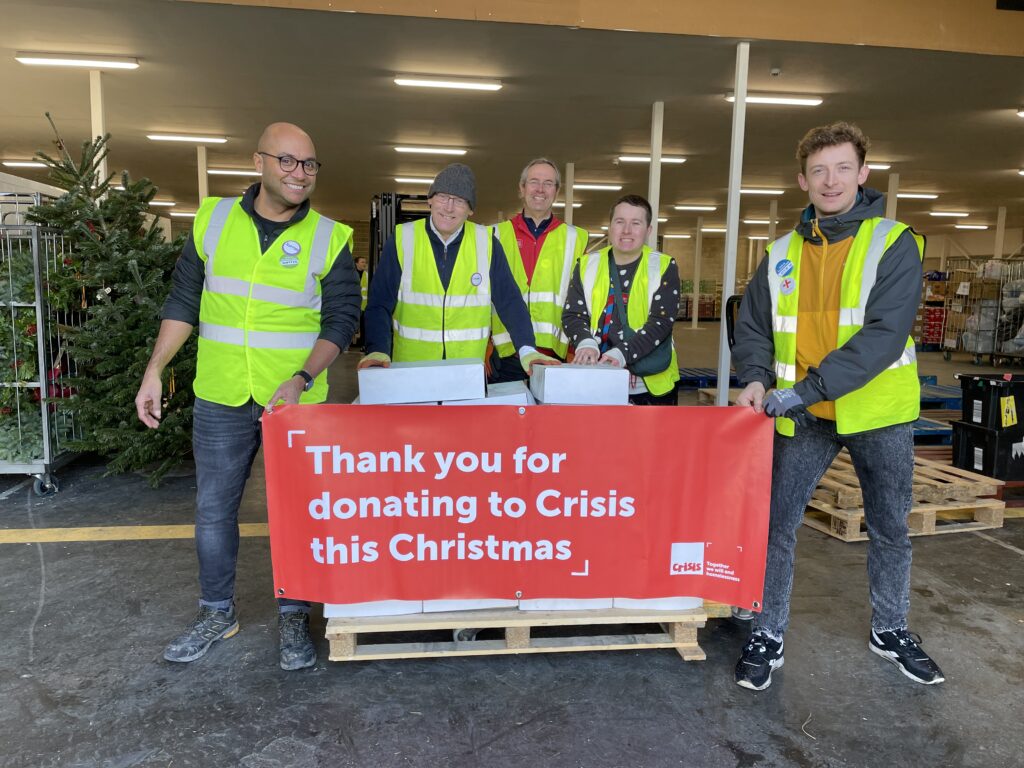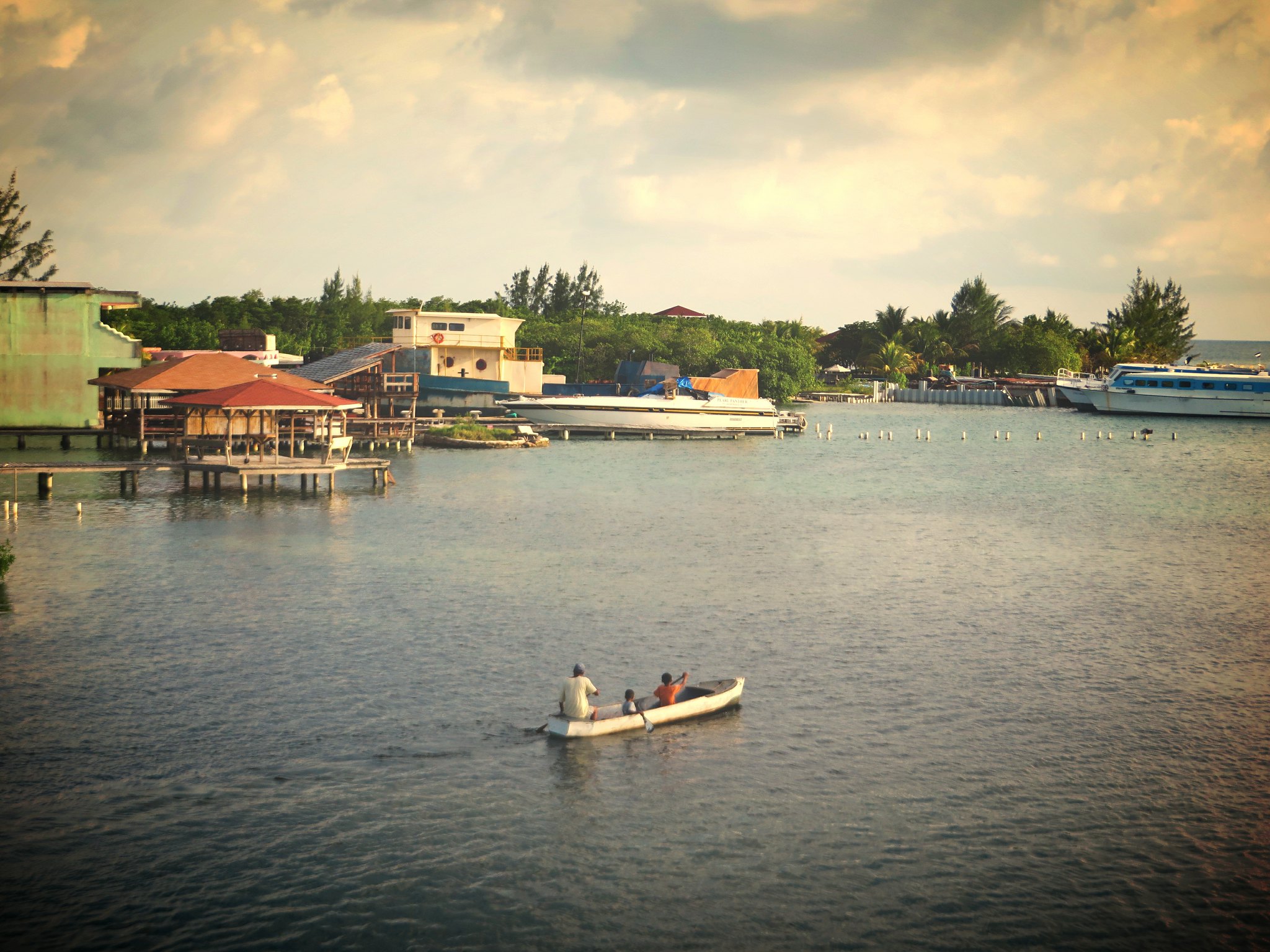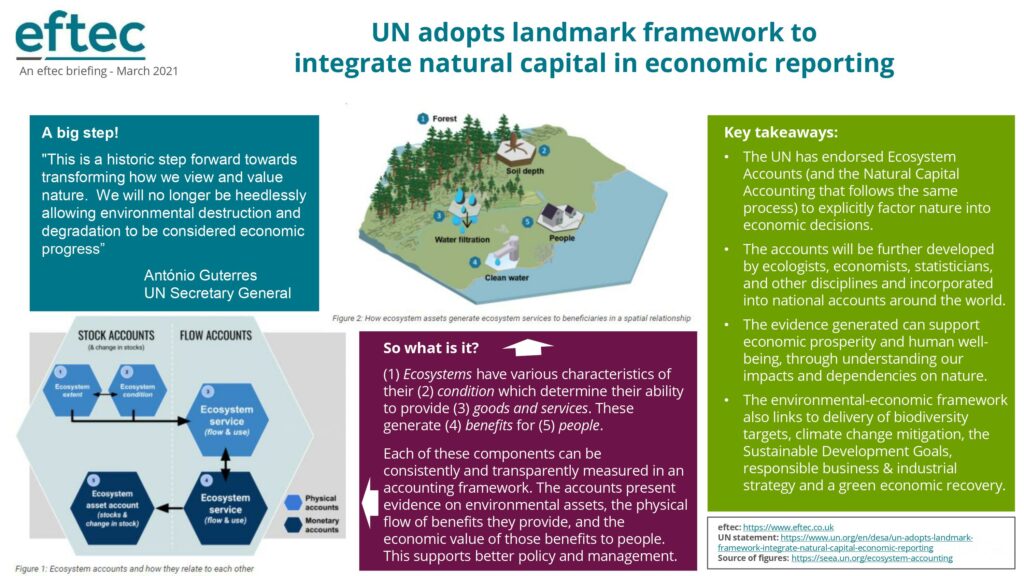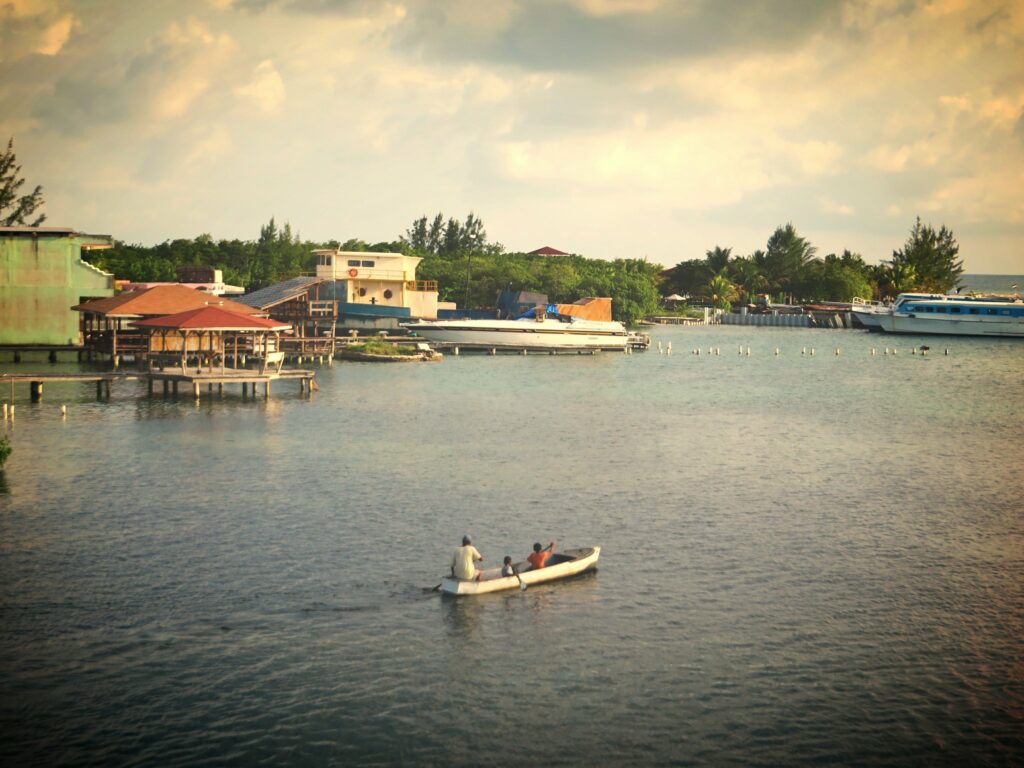The Fishmongers’ Company’s Fisheries Charitable Trust and Fisheries Innovation & Sustainability have joined forces to launch an international exchange programme to advance global sharing of knowledge around the management of fisheries and the ocean.
Exchanges can be from and to anywhere in the world and can take the form of one-off visits, bilateral exchanges, international workshops, or studentships. Projects will be prioritised if they advance or share knowledge on:
- fishing gear innovation which provides environmental benefits
, - fishing vessel decarbonisation
- technology developments which enhance supply chain management, transparency and/or traceability
- understanding of applied fisheries research and co-management systems
- marine habitat enhancement initiatives
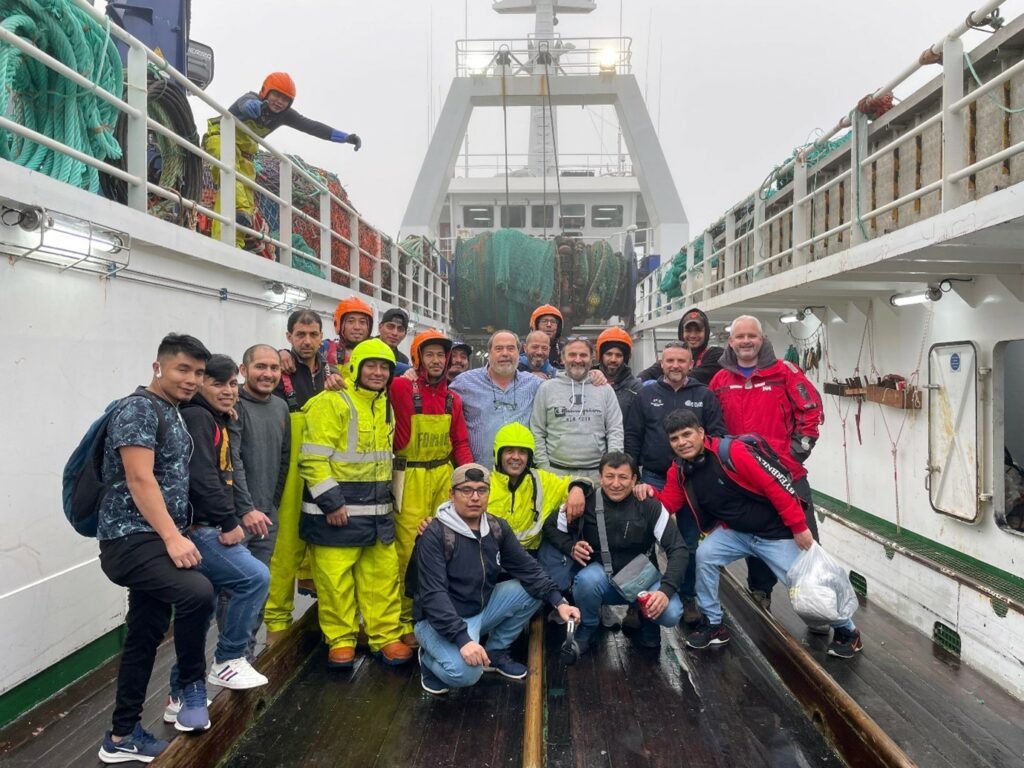
Fisheries Programme Manager, Alison Freeman, launched the Fishmongers’ Company’s global exchange programme in 2022 and has since supported over 15 exchanges. The exchanges funded to date have been extremely varied, from co-funding a PhD studentship in Tristan Da Cunha, to industry-led exchanges to learn about species specific management, technology, and gear innovation, to funding civil-servants to learn about co-management systems. Through these exchanges we have realised how powerful it can be to bring likeminded individuals together to share their knowledge and experiences. These engagements have helped to nurture strategic partnerships and fuel new projects which will go on to further our understanding of how to better manage our fisheries and marine ecosystem to accommodate marine life and people.

Fisheries Innovation & Sustainability (FIS) is the coalition of experts driving innovation for a prosperous and sustainable UK seafood industry. Since 2016, FIS has championed current and future seafood industry leaders through travel bursaries to support knowledge exchange and professional development. Most recently, last year FIS and the Fishmongers’ Company’s Fisheries Charitable Trust supported skipper James Duthie Jr to visit Norway to see for himself the ship building innovations reducing fishing vessel CO2 emissions.
We would like to welcome applications from individuals and organisations that work in or support the fishing and seafood industry. Funds will be awarded up to £8k per project. It is not a requirement to offer matched-funding support, but it would be looked upon favourably. Interested applicants will need to complete a short application form describing their project and their organisation. Please request a form from Fisheries Programme Manager, Alison Freeman at Alison.Freeman@fishmongers.org.uk.

